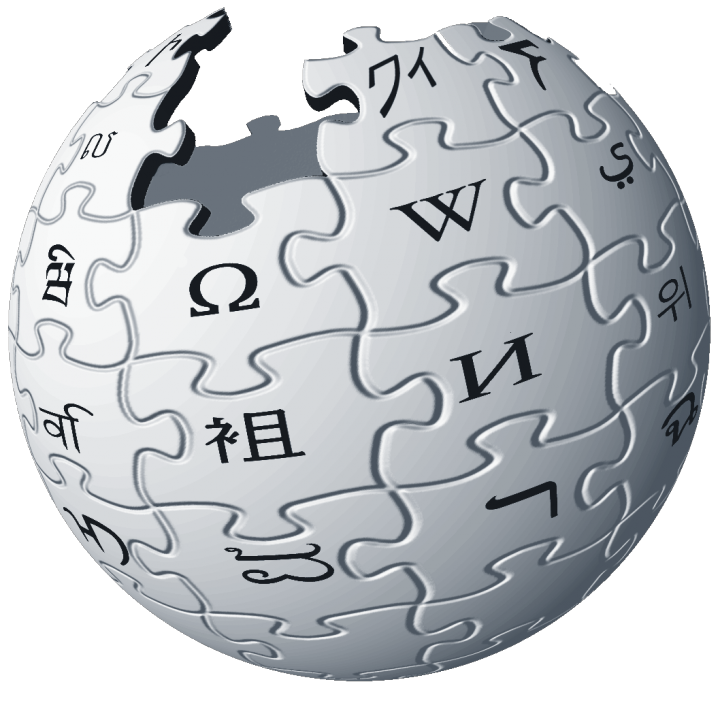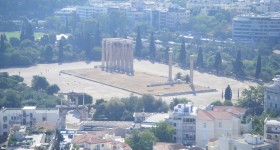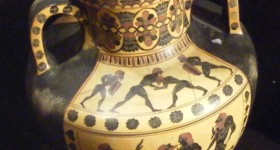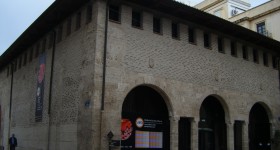‘I Hate (Love) Wikipedia’

Most academics I know are quick to condemn the value of wikipedia as a concept as well as content. When a new batch of undergraduates arrive at the university for the first time, professors are eager to warn them against the evils of the online encyclopaedia. They usually mention how unreliable are the entries, how impossible it is to identify the writer behind them, how the text does not engage in current debates. How justified are such comments?
I will not present you here with statistics or the research on the wikipedia phenomenon. Instead, I would like to share my personal experience. I have been editing wikipedia entries for the past few years. As you probably know, I am an expert in Roman history with a specialisation in imperial social and economic history. So, whenever I considered that an entry was not up to my standards or up to the latest research, I would ‘edit’ it. Are these entries less valuable to the educated public or the students or, indeed, other professors, because I wrote them anonymously?
Furthermore, a couple of years ago one of my students decided to run an impromptu experiment. He edited one of the entries and included a number of wrong information. Then he waited to see what happened. A few hours later the entry has been re-edited and the wrong information was removed. The crowd has spoken once more and the status quo was restored.
I do not claim that wikipedia could replace valid research. However, it is probably the best encyclopedia that ever existed and a living proof of the power of crowd-knowledge. I would strongly recommend it as a starting point for every student research project, since it includes the most basic information on most subjects. I would also recommend using it during my lectures, so that the students may be able to find more information on dates, events, places and people. Wikipedia is a great tool for interactive teaching.
What do you think?





In a word, Jein. It’s pretty good for very basic factual information, such as the regnal dates of Trajan, which is the sort of stuff I can never be bothered to remember. It’s generally okay for marginally less basic factual information, so long as the subject hasn’t changed too much since the 1911 Encyclopedia Britannica, unless one is lucky enough to hit on a topic that someone like you has updated. I don’t think it’s a good starting-point for student research projects, unless they know absolutely nothing about a topic, precisely because – as you say – it is frequently pretty hopeless on current debates and research questions. That can be a serious problem, if the student then assumes that the way Wikipedia organises its discussion of a topic is the right way to think about it. I’ve used it in my teaching on many occasions, setting students to revise Wikipedia entries on a topic as an assessed exercise, and what strikes me is how often they make changes to individual sentences and expand discussions with more examples but retain the basic structure of topics, even if these make no logical sense and clearly don’t mesh with the way the topic is discussed in more up-to-date books. Because the structure is so clear (esp. compared with articles and books), it shapes their thinking and sets down tramlines along which all their subsequent research runs, and that is potentially bad.
I also suspect that we are lucky that most of the things we study are of little interest to the wider world, and certainly are not embroiled in major controversy; there is plenty of evidence that the Wikipedia entries on more controversial things can be very problematic – see this discussion, and the links: http://crookedtimber.org/2013/03/27/the-institute-for-cultural-diplomacy/. I don’t think I would be very confident about the reliability of the entry on Macedonia and its Greek identity, for example.
Months ago PBS Newshour aired an interview with the founder of Wikipedia. At the question whether college and university professors were right in insisting that their student not use Wikipedia, he replied that college students should go to the library when they prepare their papers. This was for me a sufficient validation of my efforts to make my students understand that Wikipedia is not a god source. I sometimes use Wiki entries, but only when they are on my topic of research, which means that I can review them critically. I do explain my students the reason why I am presenting them with a Wiki entry, and the reason why they are not prepared enough to make the same educated selection–but I also warn them that in a few hours that very entry could be completely different. Colleagues have conducted interesting exercises in class on random entry use, have showed students the numberless mistakes they can take for reliable information, and have demonstrated how unreliable Wiki is. In addition, Wiki use is contrary to the application of writing and editorial convention; how do you footnote a Wiki information, if at any time anybody can cancel/edit/change it? How do you reconcile your effort to educate students to adopt the basic ruled of the Chicago Manual of Style with Wiki use? Conventional editorial rules are at the basis of writing ethics and of the awareness of writing responsibility; students must learn that, for the benefit of intellectual conversation, they are responsible for what they write and for making public their sources selection–all this becomes impossible when using Wiki, an everchanging ocean of wobbling references. It is evident to me that students who are keen to use Wiki do that because they do not want to do the real work. I had proof of that a few weeks ago when I gave my first, and last, take home exam.